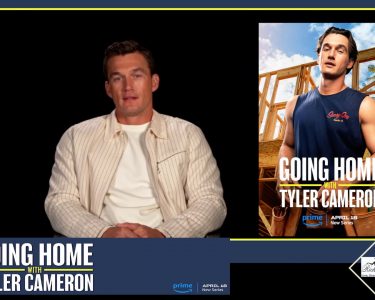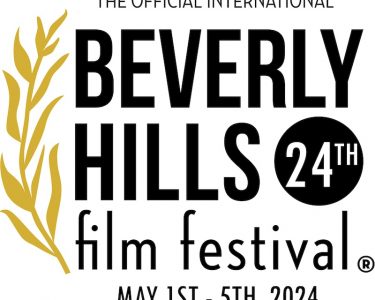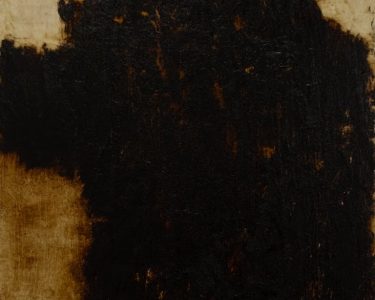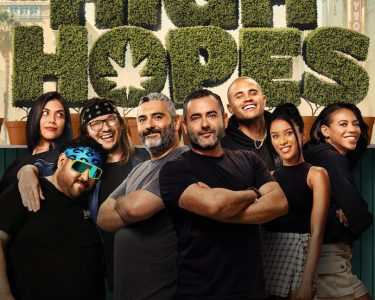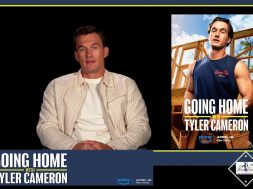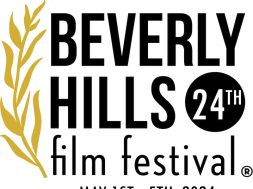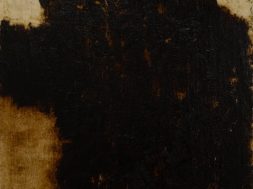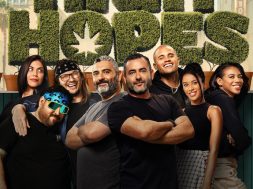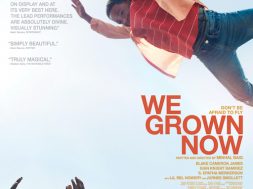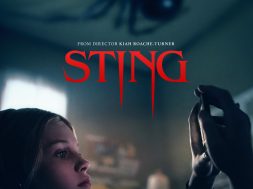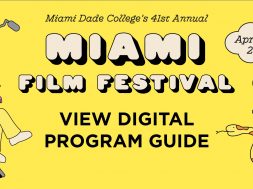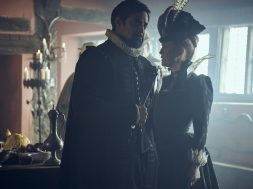Director Jason Connery On His Latest Film ‘Tommy’s Honour ‘
TOMMY’S HONOUR is based on the powerfully moving true story of the challenging relationship between “Old” Tom(played by Peter Mullan) and “Young” Tommy Morris(played by Jack Lowden), the dynamic father-son team who ushered in the modern game of golf. As their fame grew exponentially, Tom and Tommy, Scotland’s Golf Royalty, were touched by drama and personal tragedy. At first matching his father’s success, Tommy’s talent and fame grew to outshine his father’s accomplishments and respect as founder of the Open Championship in 1860 with a series of his own triumphs. But in contrast to Tommy’s public persona, his personal turmoil ultimately led him to rebel against both the aristocracy who gave him opportunity and the parents who shunned his passionate relationship with his wife.
We had a chance to chat with Director Jason Connery about the film:
RG: How did your relationship with your Dad and with your son influence your in making of ‘Tommy’s Honour’?
Jason: The film is multi-layered and it did speak to me very much, from me being a father to my son and being a son to my father. I did play a lot of golf with my dad growing up and I think it’s one of those things when you’re working on something you bring your own experience to aid in telling a story to connect with the audience in the sense of wanting them to identify with what is happening in front of them. One wants to make a dramatic film but it’s a film about real people and we want to have a continuity about want happens in their lives.
RG:How did you make some of your casting choices?
Jason: Therese Bradley (plays Nancy, Tom’s wife) came in to audition and I read with her and she was brilliant so normally I will let an actor know later if they got the part but I told her right away I wanted her for the role. And the thing about Ophelia she has this wonderful quality that some are born with, this openness emotionally and for me one of the most powerful moments in the film is when Meg is talking about her child to Nancy. At the time the Church would do ‘Name and Shame’ which is a pretty horrific thing and would only happen to the women they would be placed in front of the congregation and be told they were unclean and they were hideous people and this would last for a considerable amount of time. And very often that person would be ostracized in the society and in that scene where Meg is talking about her child she is talking in such a personal way without using it as a weapon and that moment in the film I find tremendously moving and Ophelia was fantastic in it. She has the strength without showing it. And Meg is the key that allows young Tommy to be who he was. And of course his life changed so dramatically when she passed.
RG: Was Meg a Feminist?
Jason: Yes, that is what Tommy saw in her and even though it was on a smaller scale and for Tommy who in the public’s eye was always questioning and wanting more. There is a wonderful quote ”Every new idea starts with a blasphemy” and Tommy was forever challenging the system and he needed to be with a woman who understood that and was willing to stand by his side.
RG: Did you work with Cinematographer Gary Shaw and Music Composer Christian Henson before?
Jason: I worked with Christian before and he is the son of Nicky Henson(who plays a banker) in the film. I did a play with Nicky in the West End of London for nine months called ‘Journey’s End’ and he has been a life long friend since then for almost 30 years. I directed my first film called ‘Pandemic’ with a $200k budget that we shot in 12 days and Christian very kindly did the music for free and of course I remembered that and this time luckily I can pay him. We worked every hard together I wanted to stay away from this traditional bagpipe and that kind of traditional Scottish music so we worked with French horns which had a sound of nobility and I loved the sound of that. And we talked about the percussion for the golf game and making it different so we used the boron drum and we worked with a full orchestra which was absolutely amazing.
I had never worked with Gary before and he is a lovely man very funny, very self effacing but actually really wonderful and I was already familiar with other people that we had worked with and I have confidence in them so I knew he would be great. And we shot this film in thirty-three days and fifty locations. It was tough but Gary and I talked to him a lot about wanting the audience to feel like they were in the story, I didn’t want them to feel like they were standing outside looking at a period movie.
RG:Were there any shot challenges?
Jason: The scene in North Berrick where they are playing the game before they get on the boat there were forty miles an hour wind blowing and things were off like the rigging, the wigs, costumes and that was hard work and for me the idea of being able to shoot through the real elements along real golf courses we were lucky enough that we got them to not cut the fairways for two or three weeks and I would use the fairways, the greens and then we had to build the RNA and half of it was digital. We found a field in the middle of nowhere by the sea and we built the 16th green and the tee off area and we were incredibly lucky with the weather since it rained often. But for me having the real elements in the scene was great because that’s how it is was, so often you see beautifully manicured greens and wonderful sunshine but I liked the idea of people out this weather with wind blowing and playing the game in the snow.
RG: What did you learn about your self doing this film?
Jason: Well the wonderment of what I do is the diversity of it and I came into the project five years ago. I had no idea about this story, I had no idea about these men and over the course of writing,casting, preproduction, production, post-production, music and now to where I sit talking to you today has been an incredible journey and I learned so much about golf about the people of that time, the beginning of the industrial revolution, all the different clothes, the French influence in haute couture and an intimate knowledge about this family and all of those things are so real to me and it was an enormous amount of learning for me but also emotional learning about what drives people which is fascinating to me; why we do things, how we respond to people from different perspectives. The fact that you only live to be forty-three on average at that time and most babies died before they were five and 50 pounds a year was a large sum of money to earn. And the Church being so powerful in the community and how the coal miners lived, all these different things for me was an educational knowledge but an emotional knowledge as well. I mean I can’t even imagine what it would be like to sit in Church and be named and shamed. And I found out recently that Meg sat in Church with her sick child while being ‘Named and Shamed’ because she thought it might purify her child. It means so much to me when people say they can identify with so many things in the film and that’s why I do this work. And it moves me of course because I spent five years getting it to that point, so I am grateful and humble.
RG: What would you like audiences to take away from this film ?
Jason:I want people to come away with hope and gratitude. And to go after their dreams and never give up.

